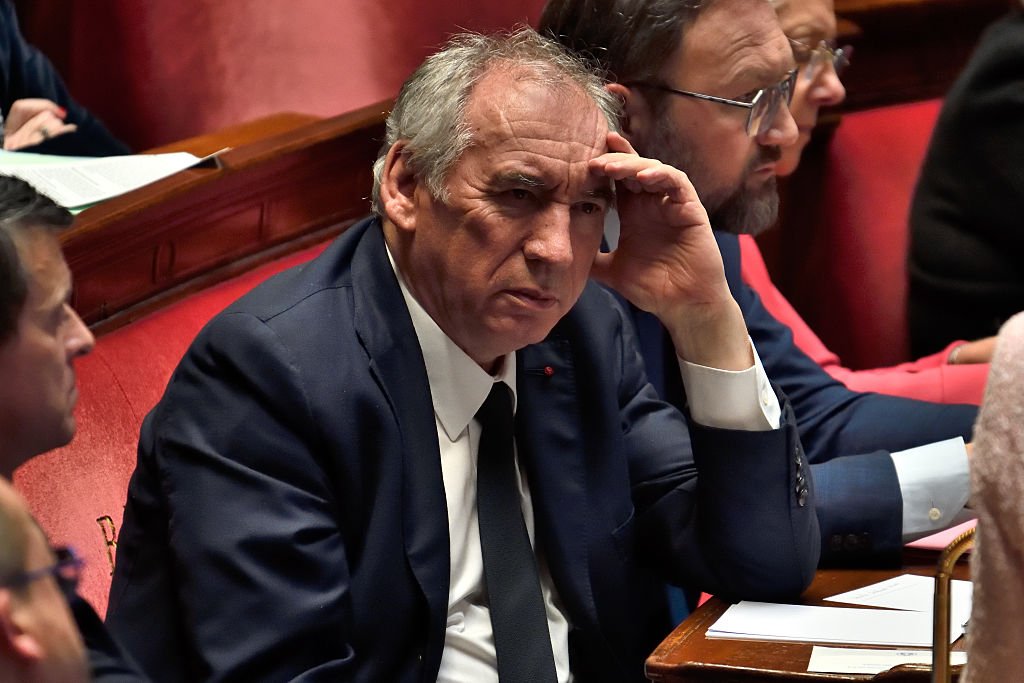France is facing yet another political storm after Prime Minister François Bayrou resigned on Tuesday, a day after losing a dramatic vote of no confidence in the National Assembly.
The defeat leaves President Emmanuel Macron scrambling to appoint his seventh prime minister in an effort to stabilize a fragile government.
The result was overwhelming: 364 lawmakers rejected Bayrou’s government, while just 194 offered their support. The scale of the defeat underscored the deep divisions running through French politics, with left-wing and far-right deputies uniting against his leadership.
Bayrou had staked his premiership on passing a controversial austerity package designed to rein in France’s soaring public debt, which now stands at more than 110% of gross domestic product. In his final address before the vote, he warned lawmakers, “You may bring down the government, but the reality of debt will not disappear.”
The defeat, however, highlighted more than fiscal policy—it exposed Macron’s shrinking political room to maneuver. Since his re-election in 2022, the president has struggled with a fractured parliament that has repeatedly blocked his reform agenda. The fall of Bayrou marks the fourth time in this legislative term that a government has collapsed, fueling talk of a broader constitutional crisis.
Also Read; Port of Dar es Salaam Welcomes Mega Ships
For Macron, the challenge is immediate and formidable. He must now select a new prime minister capable of commanding support across a polarized Assembly, while also convincing markets and European partners that France can maintain stability. Potential successors are already being floated, but analysts warn that whoever takes the post will inherit a daunting task: balancing the urgent need for budgetary reform with growing public discontent over spending cuts.
Beyond Paris, the political turmoil is being closely watched in Brussels and other European capitals. A weakened France, analysts say, risks undermining broader efforts to push forward with European Union reforms at a time when the bloc faces security and economic uncertainty.
On the streets of Paris, the reaction was mixed. Some citizens welcomed Bayrou’s departure, viewing his austerity drive as too harsh for working families. Others expressed anxiety that yet another leadership change could paralyze the government and weaken France’s global influence.







